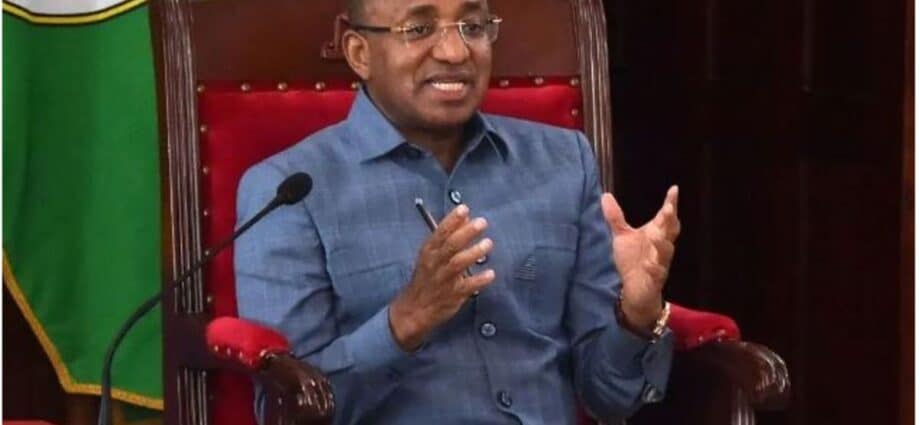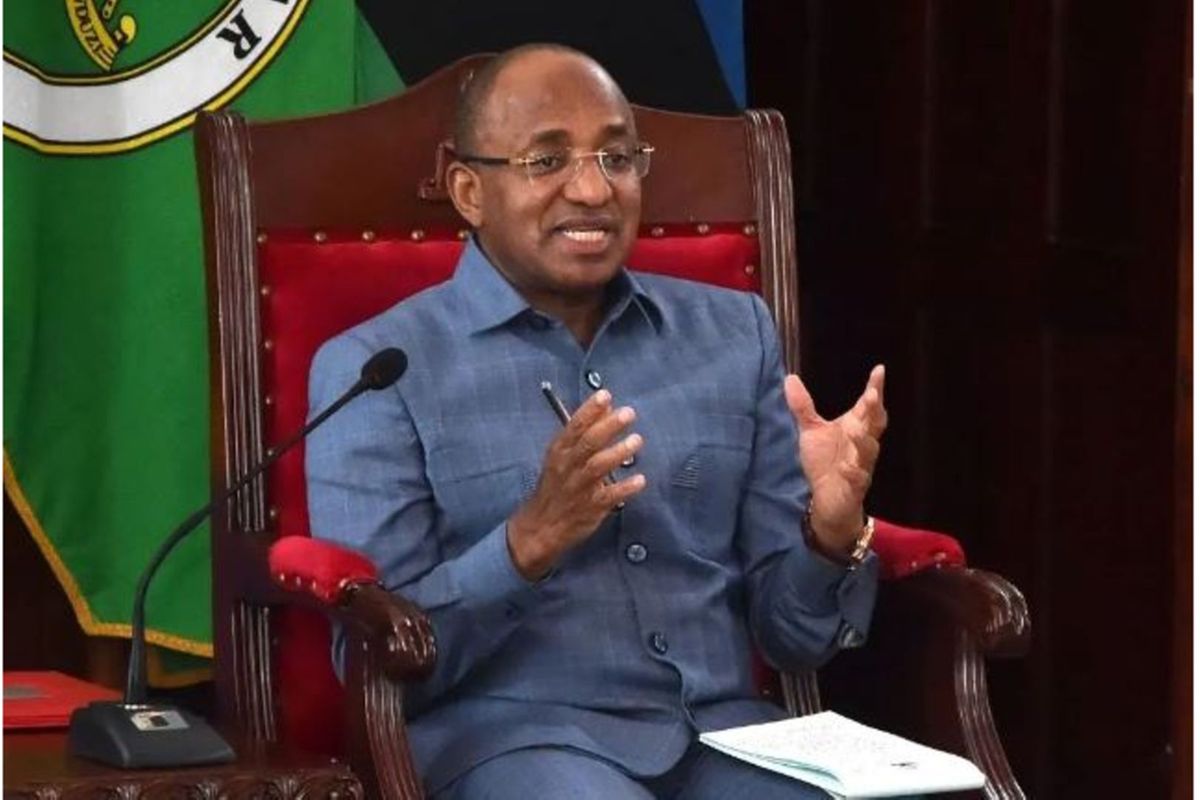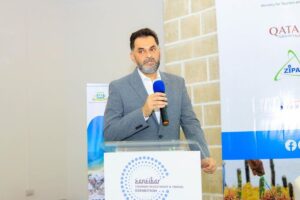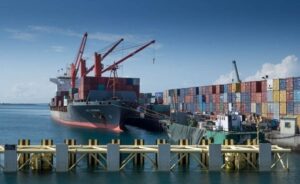Dar es Salaam. Access to formal financial services has almost doubled in Zanzibar over the past five years, thanks to an increase in mobile money uptake.
Financial inclusion increased to 83 percent in 2023 from a mere 45 percent in 2017, according to the Finscope Tanzania 2023 Zanzibar Report.
The improvement can be largely attributed to the increase in the use of mobile money services, which more than doubled from 38 percent in 2017 to an impressive 78 percent in 2023.
Also, the number of people who reported having a bank account rose to 25 percent, compared with 15 percent in 2017.
The President of Zanzibar, Dr Hussein Ali Mwinyi, said during the launch of the report that the new data shows the significant progress made by the government in addressing the issues that contribute to a lack of accessible financial services, particularly in rural areas.
“The report shows that the increase in the use of financial services through mobile phones has considerably contributed to the growth of financial inclusion in Zanzibar. Mobile network operators have improved their business systems and developed various innovative financial solutions,” said Dr Mwinyi.
The use of insurance services has also increased to eight percent from five percent in 2017, while seven percent of the residents use pension services compared to the previous five percent.
The report states that these strides can be attributed to both government and private sector efforts to ensure increased access to formal financial services.
“In particular, the increased expansion of mobile money agents and the opening of multiple bank branches, agents, and ATMs have been observed in Pemba and within more remote locations within Unguja since the previous FinScope Tanzania 2017 survey,” the report reads in part.
The report indicates that 89 percent of adults in Zanzibar live within a 5km radius of a financial access point.
‘Relying on others’
However, despite these advancements, a significant portion of Zanzibar’s population remains dependent on others for income.
According to the FinScope report, 36 percent of respondents primarily rely on others for their livelihoods, underscoring the prevalence of dependency in the isles.
The data further highlights that eight percent are engaged in farming and fishing, 23 percent in casual labour, 17 percent are business owners, and only nine percent are employed in the formal sector.
Friends and families remain the primary source of credit for many individuals, with 80 percent accessing funds through informal networks.
Regarding income, the monthly median income among respondents in Zanzibar was reported as Sh70,000, with higher figures observed in Unguja at Sh100,000.
According to the report, a significant portion of individuals (21 percent) do not receive cash but rather goods or services.
“These individuals are mainly women who are dependent on male household members who give them groceries and other household items. As they receive these items instead of cash, dependency does not provide a pathway towards financial inclusion,” the report reads.
The study shows that despite the higher financial inclusion levels, there remains a gender gap, as only 22 percent of women uptake bank services, while for men, the rate is 29 percent.
Zanzibar’s Minister of State, President’s Office-Finance and Planning, Dr Saada Mkuya Salum, asserted that some of the insights from the report are a wake-up call for policymakers, regulators, and financial service providers.
“Besides the overall improved access to formal financial services, there are still people who cannot access these services because they do not have national ID numbers or cards. According to this report, only 72 percent of the people in Zanzibar are holders of the Zanzibar Residence Identity Cards (ZanIDs),” she said.
The report also indicates that almost half (47 percent) of adults aged 55 years or below do not receive old-age pension or retirement benefits.
The Finscope report attributes this to a variety of reasons, including the Zanzibari culture that encourages living in a multi-generational family setting, which guarantees support not only from the children but also from younger household members during old age.
“Most formal insurance and pension schemes lack an Islamic window, which hinders their uptake due to cultural barriers, and the Revolutionary Government of Zanzibar has introduced a government-supported retirement scheme for every elderly society member in Zanzibar under which they receive funds every second month,” the report reads in part.















